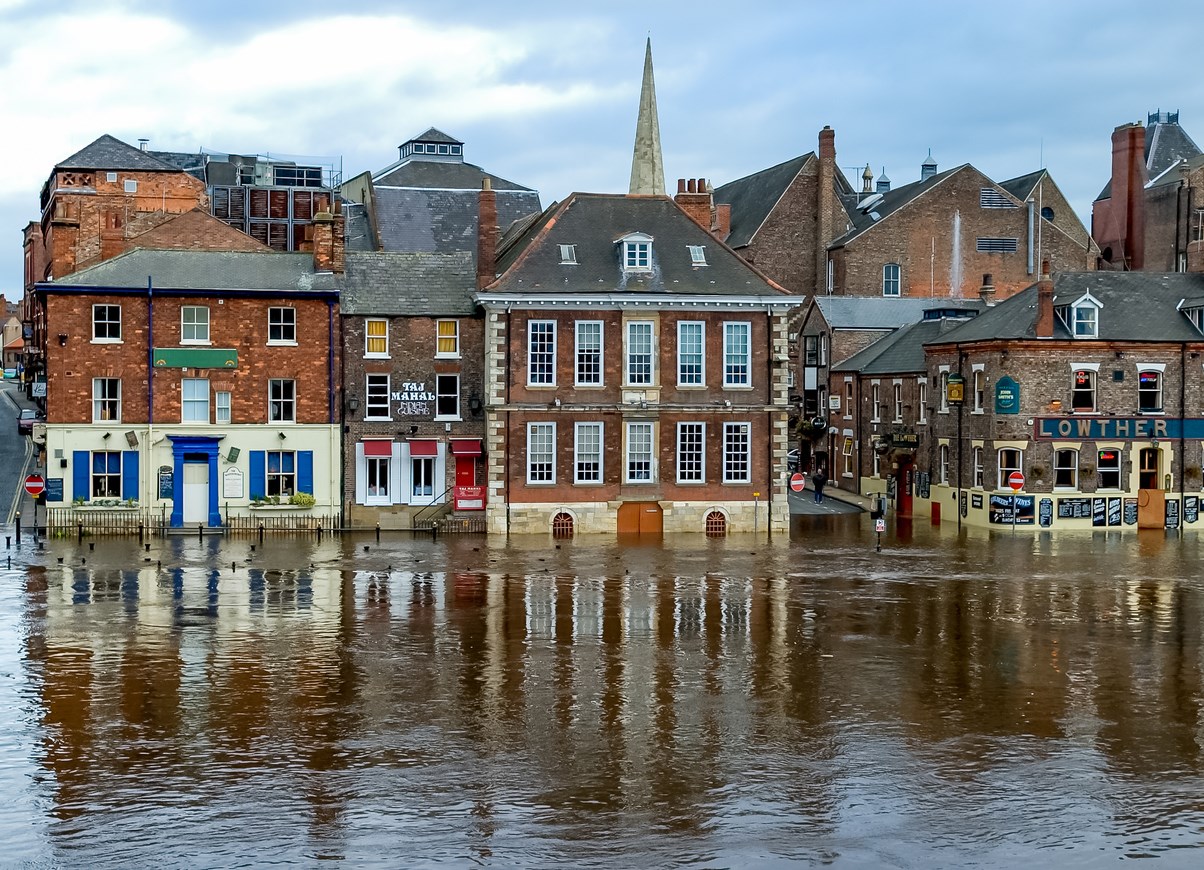
The Association of British Insurers (ABI) is reassuring homeowners and businesses impacted by flooding and Storm Henk that their insurers will be ready to help and support their customers.
Damage caused by floods and storm is covered by most standard home insurance and commercial business policies, and comprehensive motor insurance.
Louise Clark, General Insurance Policy Adviser at the ABI, said:
“Insurers expect bad weather to strike at any time and events such as this are exactly what your insurance is for. Their priority right now is to help any affected customers recover as quickly as possible. If you have been affected by flooding, contact your insurer as soon as you can and they will be able to offer help and advice.”
If you have suffered storm damage:
- Contact your insurer as soon as possible. Most will have 24-hour emergency helplines to ensure you get advice on what to do and arrange repairs as quickly as is possible.
- If necessary, arrange temporary emergency repairs to stop any damage getting worse, but speak to your insurer first.
If you have to arrange emergency repairs yourself, tell your insurer and keep any receipts, as this will form part of your claim. - Do not be in a rush to throw away damaged items, unless they are a danger to health, as these may be able to be repaired or restored. Your insurer will advise.
If your home is uninhabitable while repairs are being carried out your insurer will arrange for, and pay the cost of, any alternative temporary accommodation you may need in line with your policy.
Commercial polices will cover damage to premises and stock. Business interruption cover (which may be included or purchased separately) will cover additional trading costs, such as hiring temporary alternative trading premises if necessary.
Read our full guidance on coping with storm damage here.
If your home has been flooded, here’s our six flood recovery steps:
Step 1 - Contact your insurer as soon as possible. They will advise you on arranging emergency accommodation if necessary (or any temporary alternative trading premises if you are a business with business interruption cover), the information they will need from you to support your claim, and how to go ahead with the immediate clean-up and repair process.
Step 2 - Assessing the damage and finding temporary accommodation. A loss adjuster will be appointed to assess the claim. An initial assessment of the damage will be done, the repair process explained and the options for alternative accommodation outlined. You should expect to hear from your loss adjuster after contacting your insurer and they will get in touch if they need to arrange a visit to your home.
Step 3 - Cleaning and stripping out. Your loss adjuster will organise the cleaning and stripping out of your home. This work should start within four weeks of discussing it with your loss adjuster.
Step 4 - Disinfecting and drying your home. Your insurer or loss adjuster will appoint a drying company to disinfect and dry out your home. This can take from a few weeks to several months. Your loss adjuster will give you a timetable and keep you informed.
Step 5 - Repair and reconstruction. Repair work should begin shortly after you get your drying certificate from the drying company. Your loss adjuster will appoint a builder to do the repair and reconstruction work and will keep you updated on expected timeframes.
Step 6 - Moving back into your home. Your insurer or loss adjuster will discuss with you when you can return home. Depending on how badly damaged your home is, this can be between a few weeks and a year or more after the flood.
Some insurers will provide “Build Back Better” which offers homeowners the chance to install Property Flood Resilience measures up to the value of £10,000 when repairing their properties after a flood. Speak to your insurers about whether you are eligible
Our guide to recovering from a flood and what to expect from your insurer can be found here.
